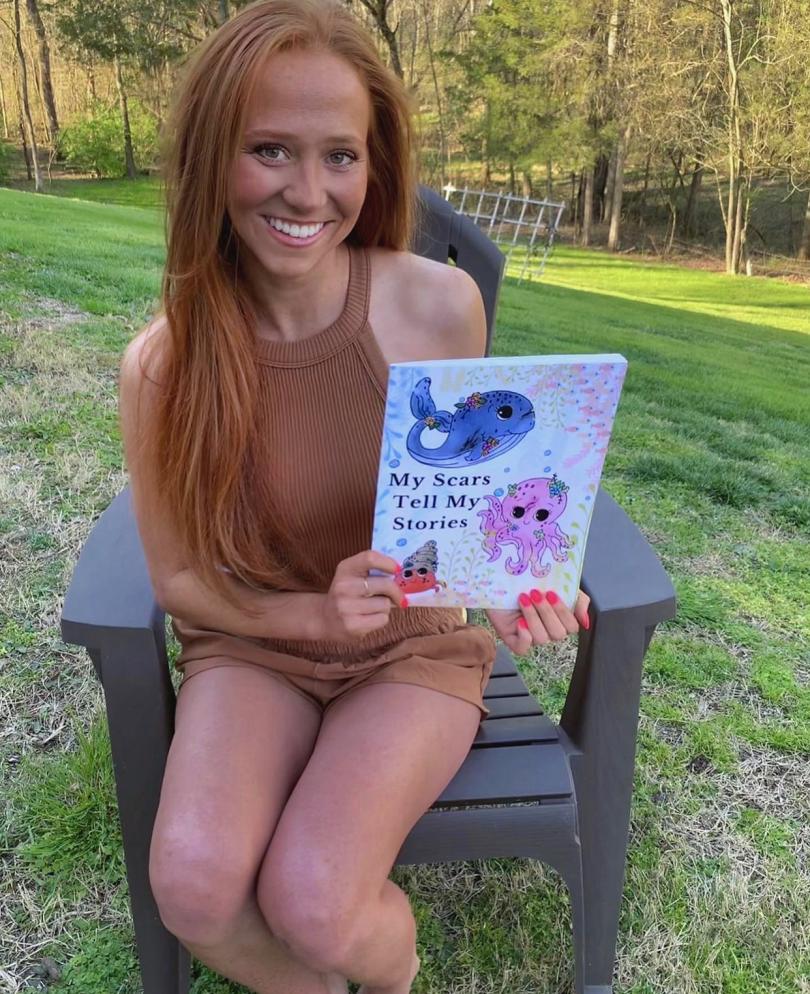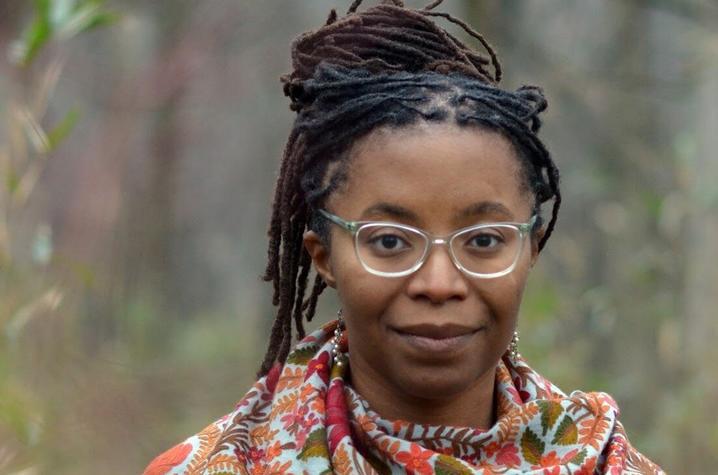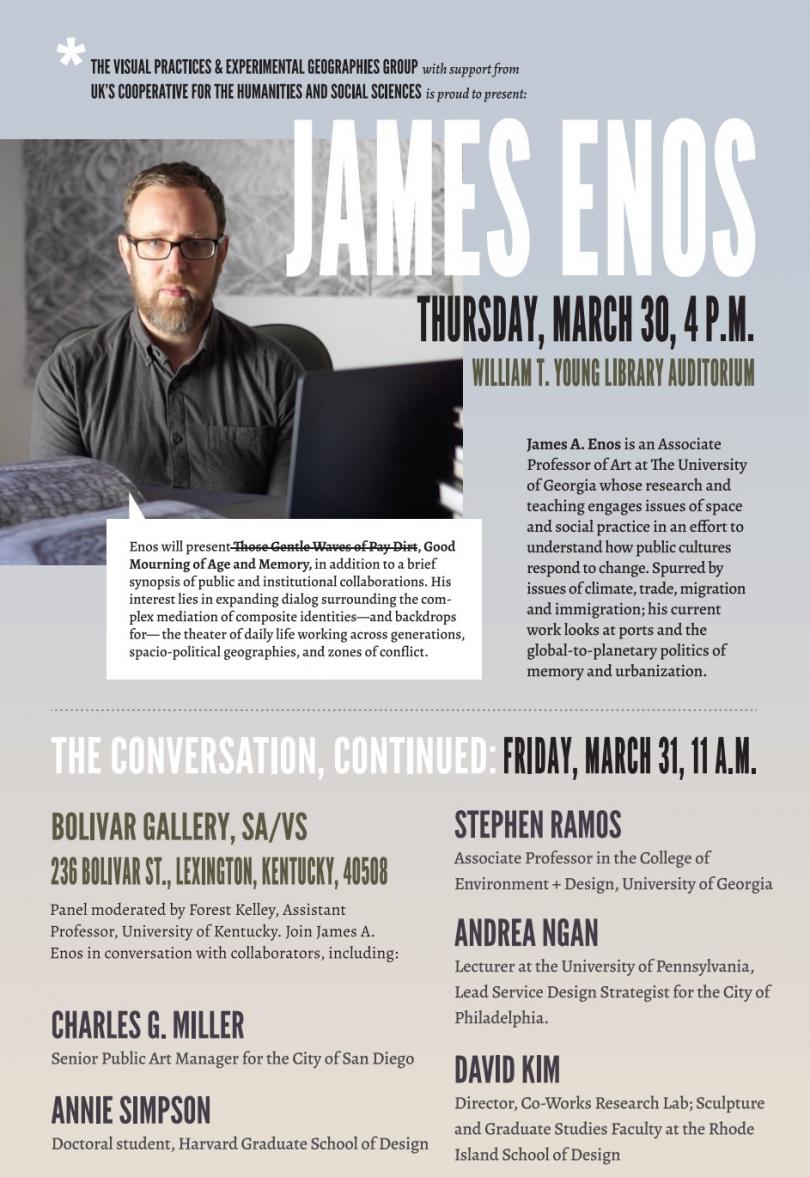Screening & Talk-Back: Before the Trees Was Strange
This event will consist in a screening of Mr. Derek Burrows' 2016 documentary film, Before the Trees Was Strange, which tells a complex story of how his family experienced race and racism in the Bahamas and the United States. The screening will be followed by a talk-back session, in which audience members are invited to share experiences and discuss meanings with a panel, including, Mr. Burrows, law professor Dr. Melynda Price, and philosophers Dr. Gregory Fried, & Dr. Arnold Farr. The keynote event is made possible by the co-sponsorships of the Commonwealth Institute for Black Studies, Peace Studies, Anthropology, Sociology, Geography, Modern and Classical Languages, Literatures and Culture, & International Studies Program at the University of Kentucky.
Dr. Fried and Mr. Burrows lead the Mirror of Race project, housed at Boston College. It is an online archive of early American photography with interpretation that "serve[s] as an opportunity to reflect on what race means in the United States today—and what it can, should, and should not mean in the future." This screening and talk-back are part of the project's outreach efforts.
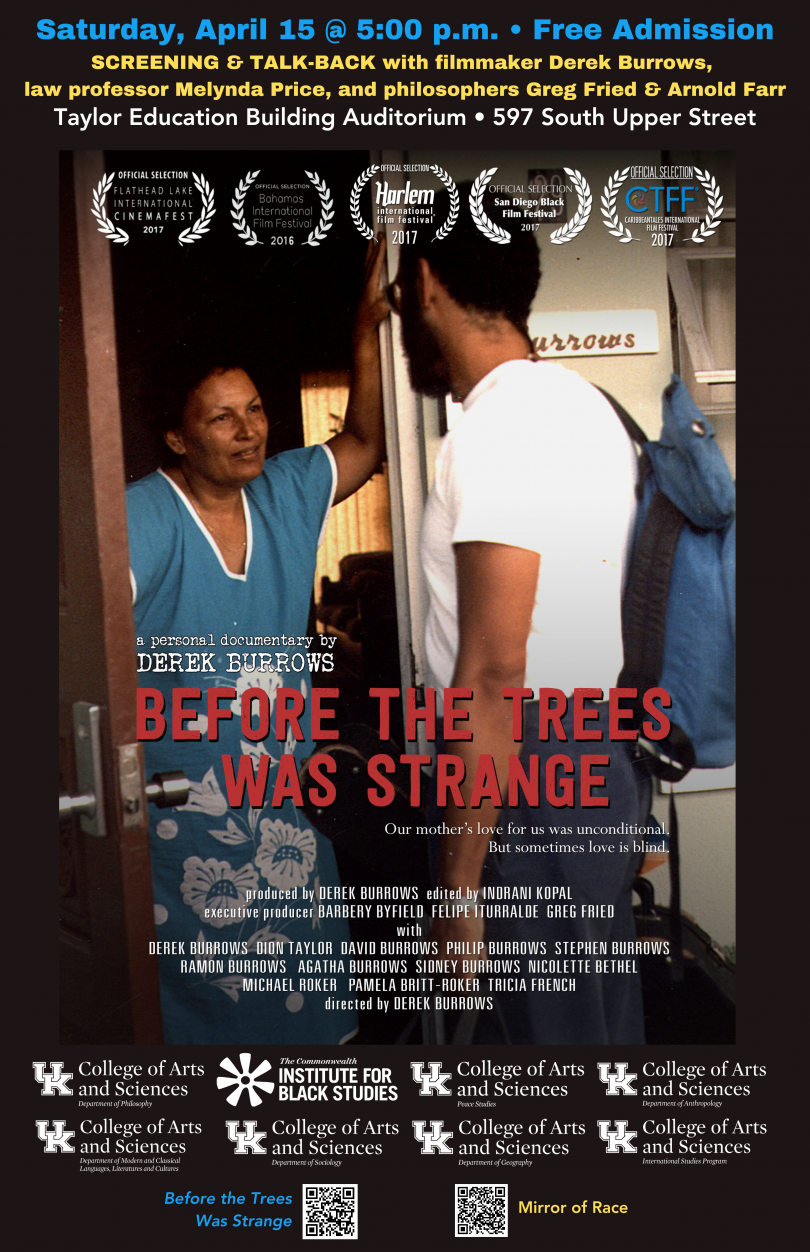
Digital Mapping Student Wins National Cartography Award at CaGIS
Digital Mapping Graduate Certificate student Sirius Bontea won the David Woodward Interactive/Animated Digital Map Award at the 50th annual Cartography and Geographic Information Society's 2023 Awards. Link to Sirius's map - Mapping the Infrastructure of the Roman Empire and larger portfolio.
CLIMATE ATTRIBUTION IN GEOMORPHOLOGY
Just published, in Geomorphology (Vol. 403, article no. 108666): Landscape Change and Climate Attribution, With an Example From Estuarine Marshes.
Climate change and related effects such as rising sea-levels and increased frequency and severity of severe storms and fires is resulting in geomorphological, hydrological, ecological, and pedological change. But landscape change is influenced not only by climate and severe meteorological events, but also by a host of other environmental factors, not least human impacts. How can we sort out the effects of recent and ongoing anthropically-driven climate change amidst all the other signals (and noise)?
The World Making and World Breaking Capacities of Religion in the Russo-Ukrainian War
Prof. Catherine Wanner (Penn State University) has conducted 30 years of ethnographic research in Ukraine. She is the author or editor of seven books, including her most recent monograph, Everyday Religiosity and the Politics of Belonging in Ukraine (Cornell University Press, 2022), and the forthcoming edited volume, Dispossession: Imperial Legacies and the Russo-Ukrainian War (Routledge, 2023). Her research has focused primarily on the politics of religion in Ukraine and increasingly on human rights and conflict mediation within the context of war. She is the convenor of the Working Group on Lived Religion in Eastern Europe and Eurasia. In 2020 she was awarded the Distinguished Scholar Prize from the Association for the Study of Eastern Christianity.
Sponsored by World Religions, History, Anthropology, Sociology, MCL, and the Lewis Honors College, and with special thanks for the support of the Gaines Center for the Humanities.
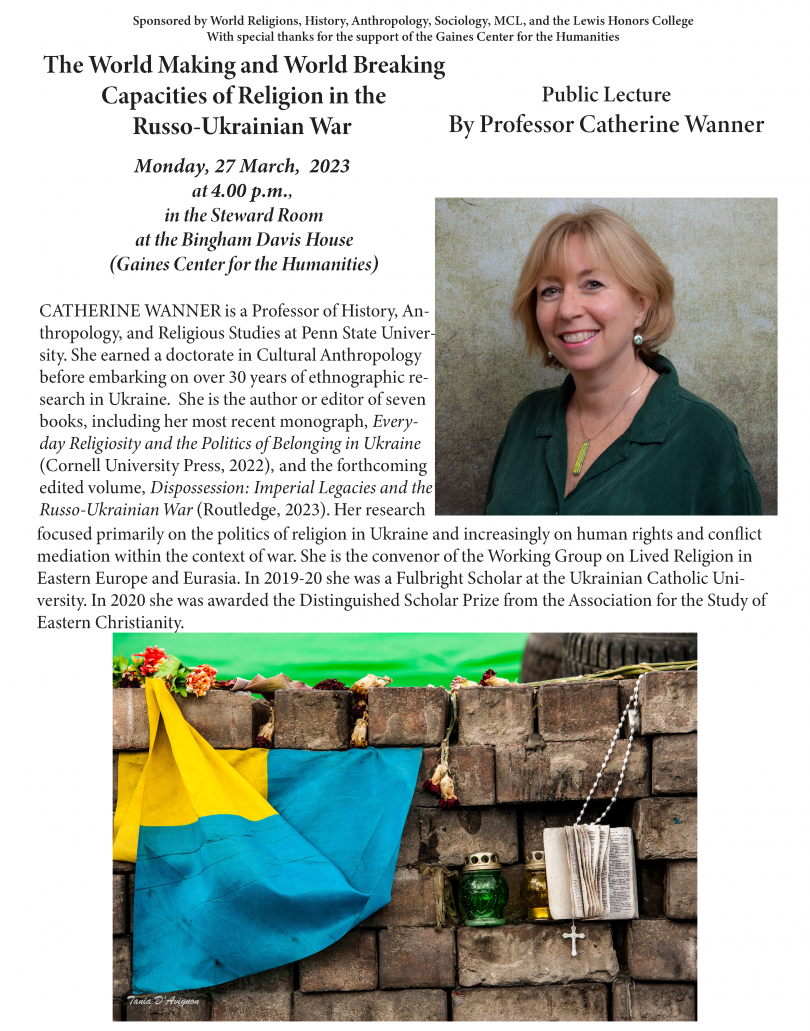
Visual Practices & Experimental Geographies
This event will be a conversation with collaborators including Andrea Ngan, Stephen Ramos, and others.
James A. Enos is an Associate Professor of Art at The University of Georgia whose research and teaching engages issues of 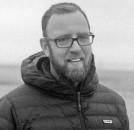 space and social practice in an effort to understand how public cultures respond to change. Spurred by issues of climate, trade, migration and immigration; his current work looks at ports and the global-to-planetary politics of memory and urbanization.
space and social practice in an effort to understand how public cultures respond to change. Spurred by issues of climate, trade, migration and immigration; his current work looks at ports and the global-to-planetary politics of memory and urbanization.
Enos has served as artist, director, and founder for several public projects; including, The Periscope Project, Drone Readymade, Exploring Engagement, Port Journeys, HyperCultural Passengers, WeTrees, and Port Futures / Social Logistics. He holds a BS from Purdue University’s School of Technology, M. Arch from The NewSchool of Architecture, and MFA from the University of California San Diego.
Hosted by The University of Kentucky’s Visual Practices and Experimental Geographies, Enos will present Those Gentle Waves of Pay Dirt, Good Mourning of Age and Memory, in addition to a brief synopsis of public and institutional collaborations. His interest lies in expanding dialog surrounding the complex mediation of composite identities—and backdrops for— the theater of daily life working across generations, spacio-political geographies, and zones of conflict.
*with support from UK’s Cooperative for the Humanities and Social Sciences
Visual Practices & Experimental Geographies
Lecture: Inclusion in Architecture and Design


